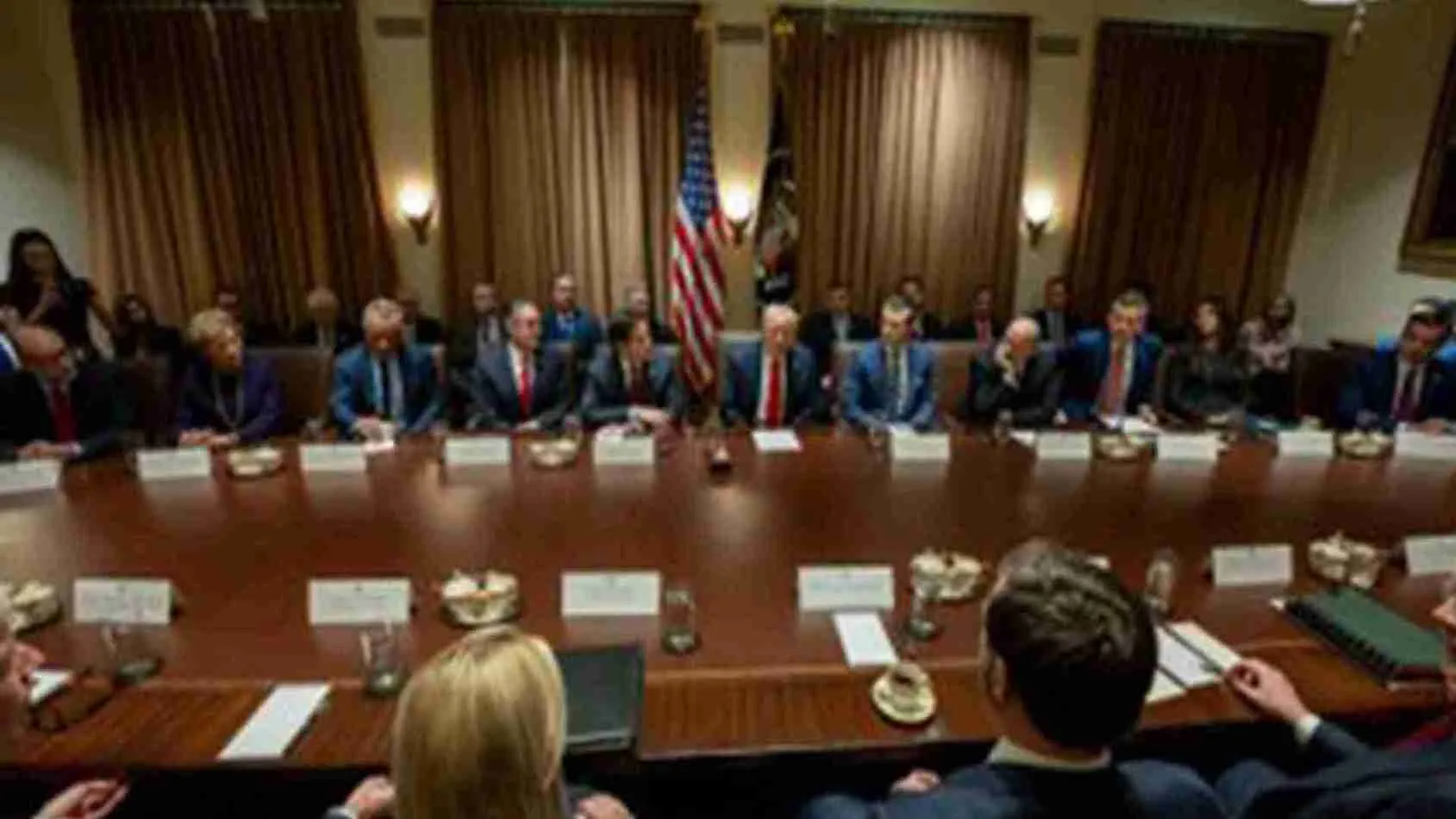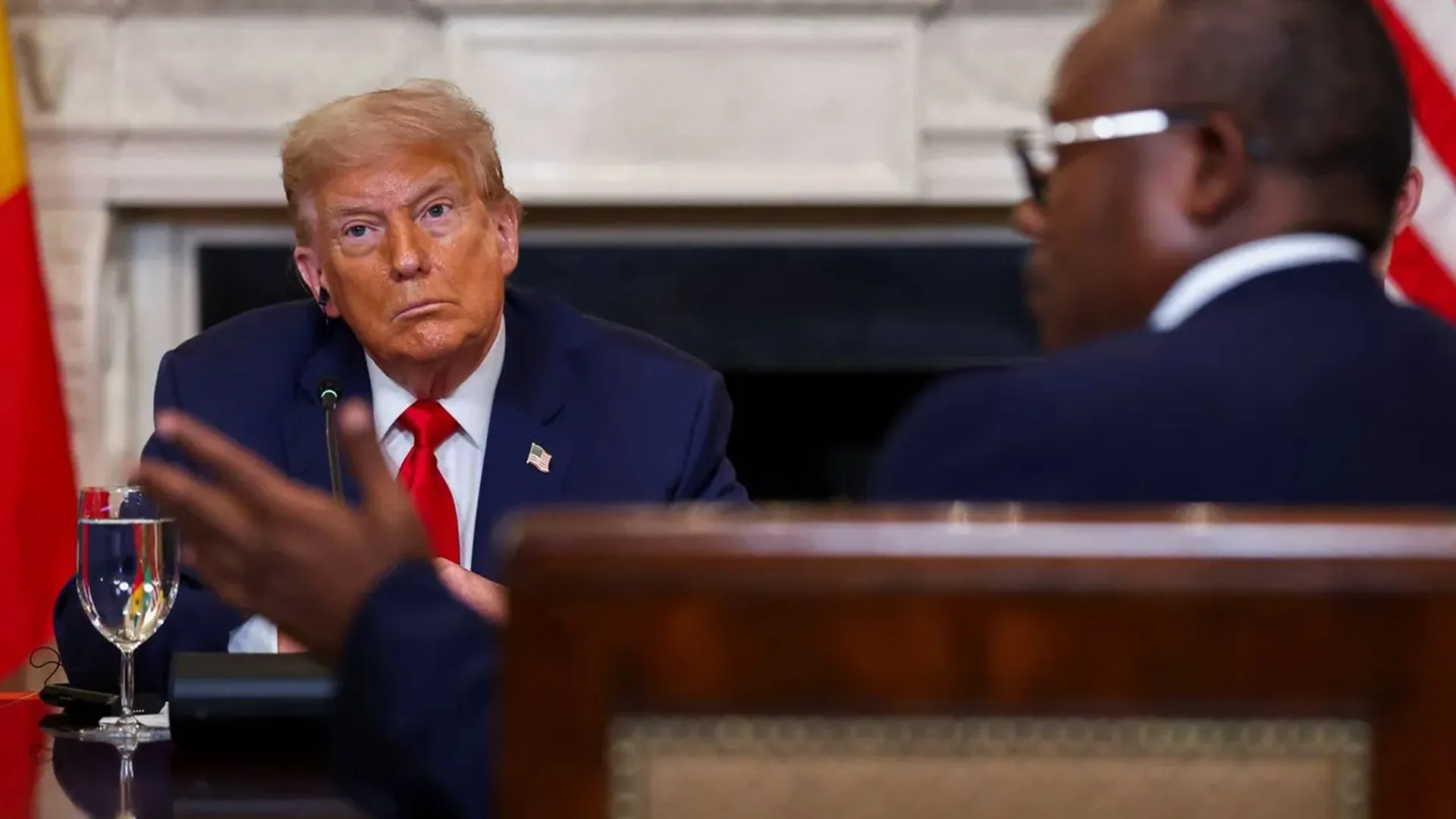During a recent Cabinet meeting at the White House, President Donald Trump declined to comment on whether the United States would ever allow China to take control of Taiwan by force. When asked about the possibility, Trump simply stated, “I never comment on that. I don’t want to ever put myself in that position.”
Good Relations Despite Tariffs
Trump emphasised his intention to maintain good relations with China, highlighting the importance of cross-border investments, even as his administration continues to impose tariffs on Chinese goods. This careful balancing act underscores the complex dynamics of U.S.-China relations.
Taiwan’s Status and U.S. Policy
Beijing has consistently maintained that it reserves the right to use force to bring Taiwan under its control—a claim strongly rejected by Taiwan. The United States, which shifted diplomatic recognition from Taipei to Beijing in 1979, continues to support Taiwan through unofficial channels. Under U.S. law, Washington is required to supply Taiwan with the means to defend itself, reinforcing its role as the island’s primary backer and arms supplier.
Strategic Ambiguity Versus Clear-Cut Defence
Historically, the U.S. has followed a policy of “strategic ambiguity,” deliberately keeping its military response to a potential Chinese attack on Taiwan uncertain. In contrast, former President Joe Biden had stated that U.S. forces would actively defend Taiwan if attacked. Trump’s recent comments, or lack thereof, reaffirm the longstanding approach of not explicitly committing to a military response in the event of conflict.
As tensions in the Taiwan Strait continue to simmer, the U.S. position remains a critical factor in the broader geopolitical landscape of the region. While President Trump’s administration avoids definitive statements, the delicate balance of maintaining relations with both China and Taiwan continues to shape American foreign policy.






















